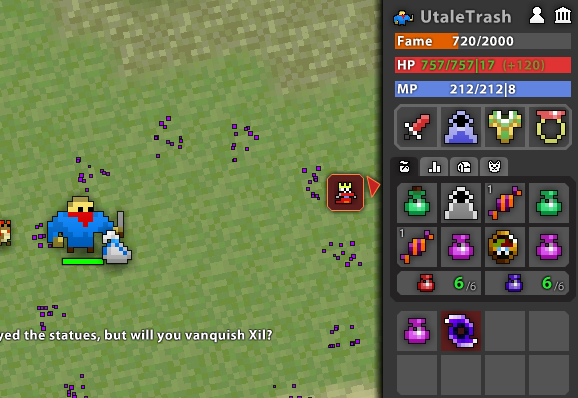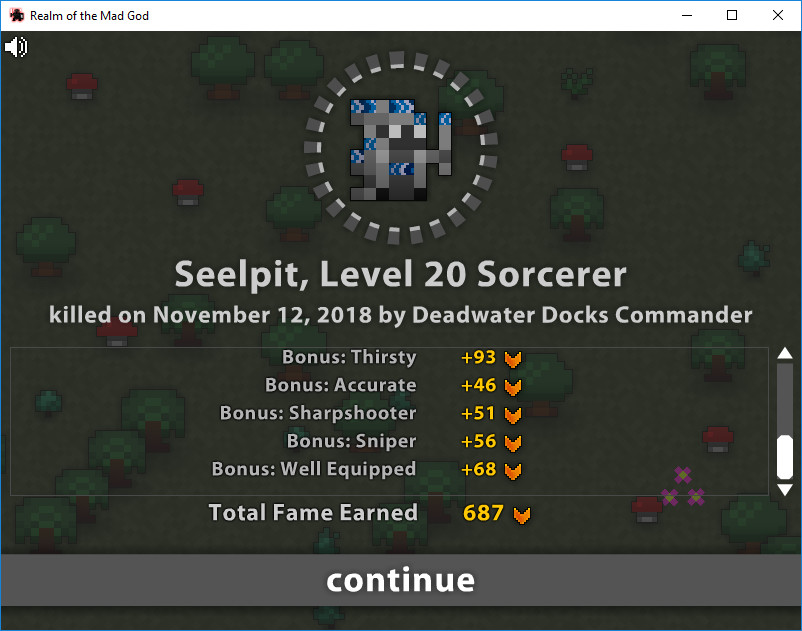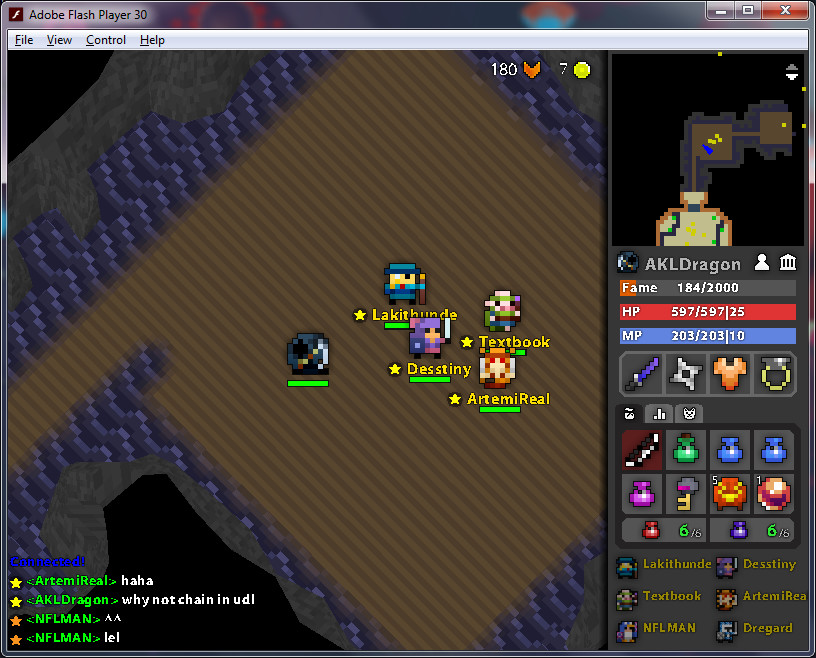xopt3=np.zeros(100)
for i in range(100):
xopt3[i]=1
fxopt3=fun_5(xopt3)
x3=gradientdescent_armijo(fun_5, fun_6, start3, 0.001, 0.0001, 0.3, 200, 40)[1]
for i in range(len(x3)):
x3[i]=np.linalg.norm(x3[i]-xopt3)
fx3=gradientdescent_armijo(fun_5, fun_6, start3, 0.001, 0.0001, 0.3, 200, 40)[2]
for i in range(len(fx3)):
fx3[i]=np.linalg.norm(fx3[i]-fxopt3)
r3=np.arange(0,len(fx3),1)
#print(r3)
plt.plot(r3,fx3,’.b’)
plt.plot(r3,x3,’.r’)
plt.show()
xopt2=np.array([1,1])
fxopt2=fun_3(xopt2)
x2=gradientdescent_armijo(fun_3, fun_4, start2, 0.001, 0.00001, 0.3, 200, 40)[1]
for i in range(len(x2)):
x2[i]=np.linalg.norm(x2[i]-xopt2)
fx2=gradientdescent_armijo(fun_3, fun_4, start2, 0.001, 0.00001, 0.3, 200, 40)[2]
for i in range(len(fx2)):
fx2[i]=np.linalg.norm(fx2[i]-fxopt2)
r2=np.arange(0,len(fx2),1)
#print(r3)
plt.plot(r2,fx2,’.b’)
plt.plot(r2,x2,’.r’)
plt.show()
xopt1=np.array([0])
fxopt1=0
x1=gradientdescent_armijo(fun_1, fun_2, start1, 0.001, 0.00001, 0.3, 200, 40)[1]
for i in range(len(x1)):
x1[i]=np.linalg.norm(x1[i]-xopt1)
fx1=gradientdescent_armijo(fun_1, fun_2, start1, 0.001, 0.00001, 0.3, 200, 40)[2]
for i in range(len(fx1)):
fx1[i]=np.linalg.norm(fx1[i]-fxopt1)
r1=np.arange(0,len(fx1),1)
#print(r3)
plt.plot(r1,fx1,’.b’)
plt.plot(r1,x1,’.r’)
plt.show()





